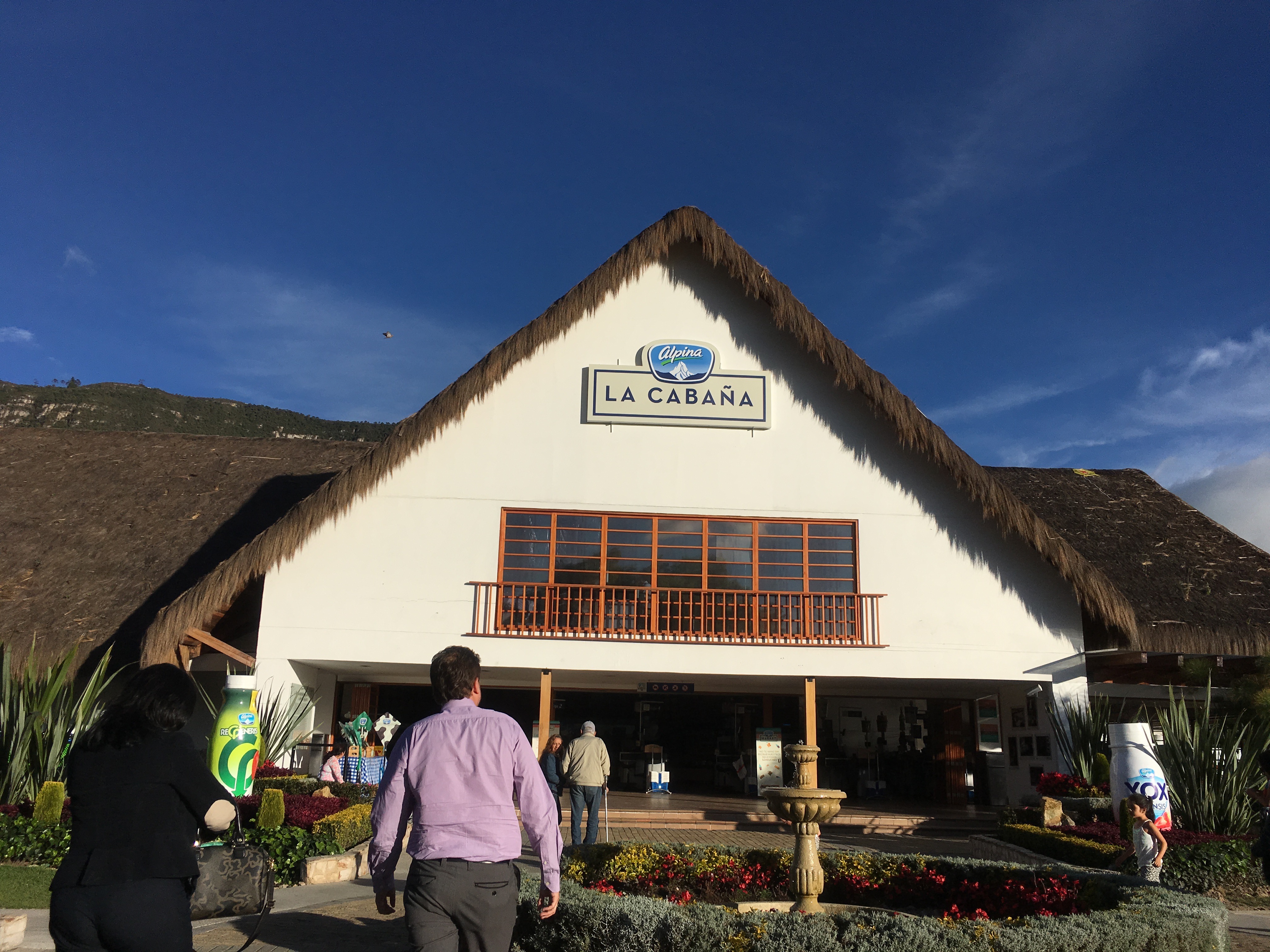U.A.P.I
CONSULTANCY | STRATEGY
U.A.P.I
CONSULTANCY | STRATEGY
Alpina Productos Alimenticios
_Sector
Food
_Area
I+D+I (Investigation + Development + Innovation)
_Team
Camilo Rodríguez, Remedios Perez, Laura Navarro, Karen Osorio, Santiago Corrales y María Conchita Rozo
That's where UAPI comes in. It's a thinking model designed to harness the power of ideas emerging from within the company and to nurture and develop them. By creating a new thinking model that prioritizes innovation, UAPI offers a way for traditional organizations to approach exponential thinking and renew established concepts. This can help them adapt to change, stay relevant, and continue to grow in an ever-changing business landscape.
STARTING POINT
The first step in the project was to establish a clear understanding of exponential thinking and its application both inside and outside of Alpina. By examining the ten guiders of exponential growth and applying them to the organization, we gained valuable insight into how Alpina operates. From this, we identified four key guiders that could be targeted for intervention in order to bring the company closer to its objective of thinking exponentially. By strengthening these key areas, we believe that Alpina can remain competitive and drive growth in a rapidly evolving market.
Linear thinking is characterized by sequential logic, step-by-step progress in a single direction, and incremental improvements.
Exponential thinking involves constant evaluation and innovation, branching out in multiple directions, actively seeking new solutions, and embracing change.

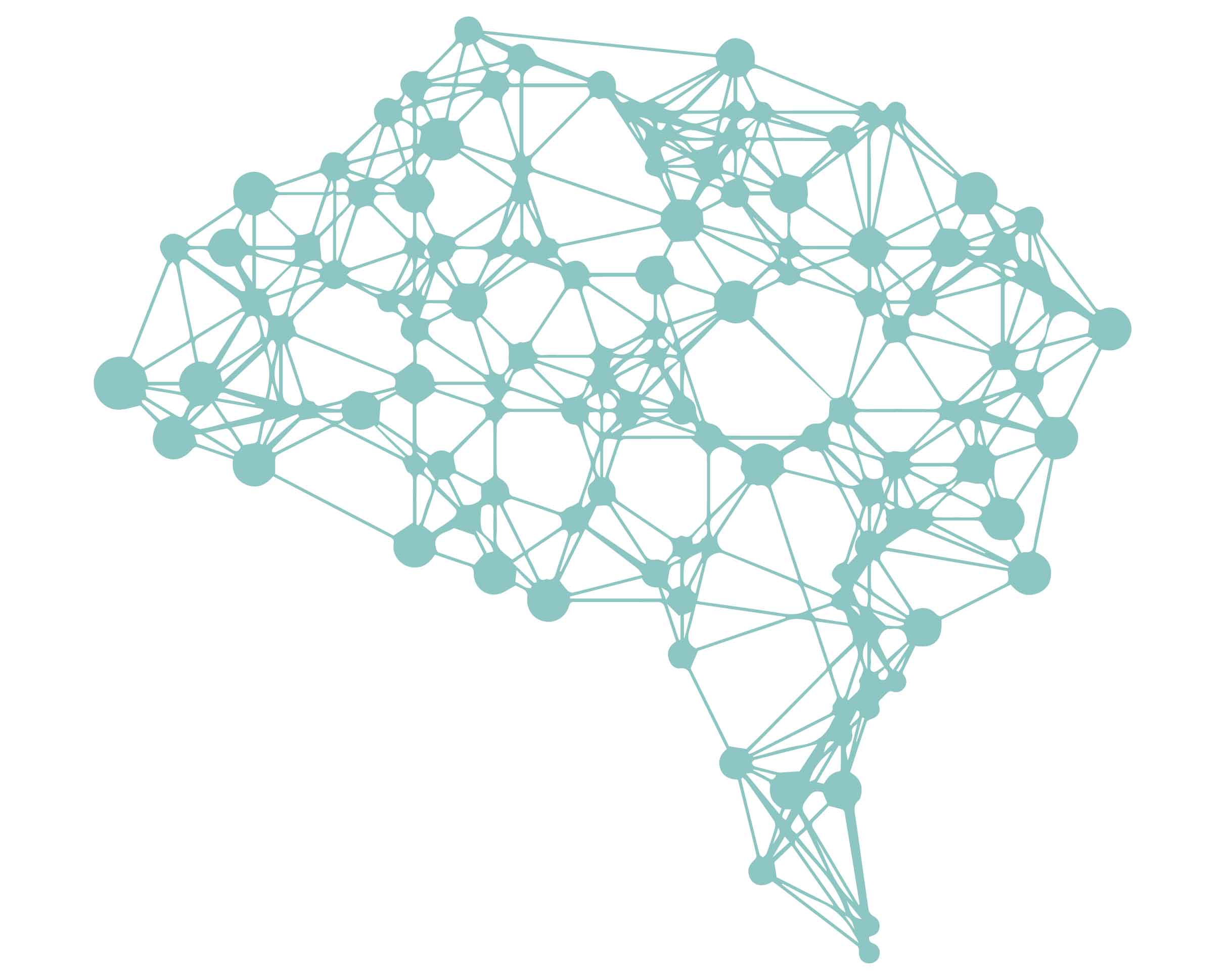
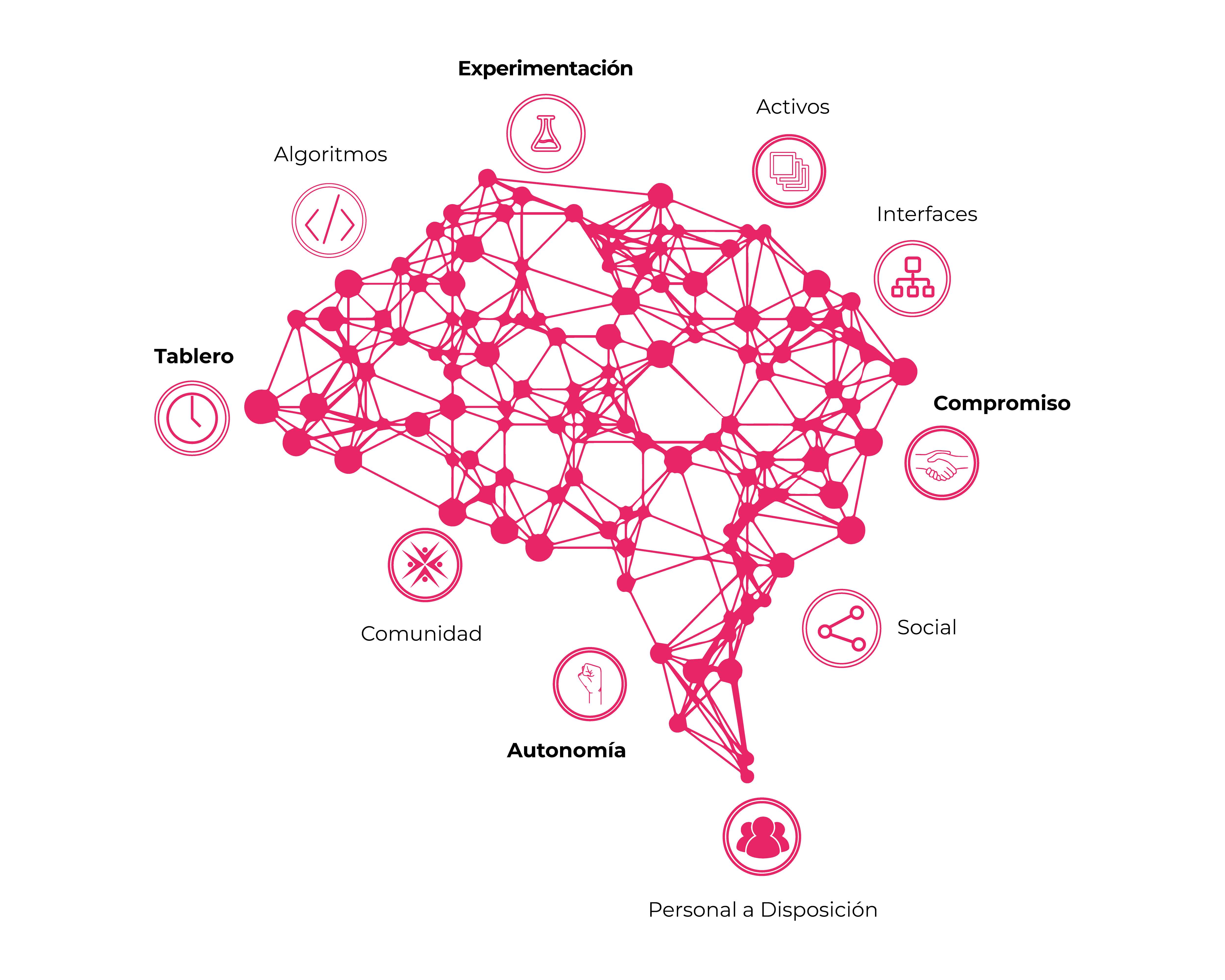
Autonomy involves creating spaces where individuals can act and think freely and independently, communicating ideas in a decentralized and multidisciplinary manner.
Commitment is fostered through incentives and practices that create positive feedback cycles, promoting continuous improvement of the organization and its products.
Experimentation is key to testing new ideas and processes, embracing risk-taking, learning from failures, and soliciting constant feedback.
The use of real-time information and adaptable communication methods helps ensure that everyone in the organization can access and understand important updates and insights.
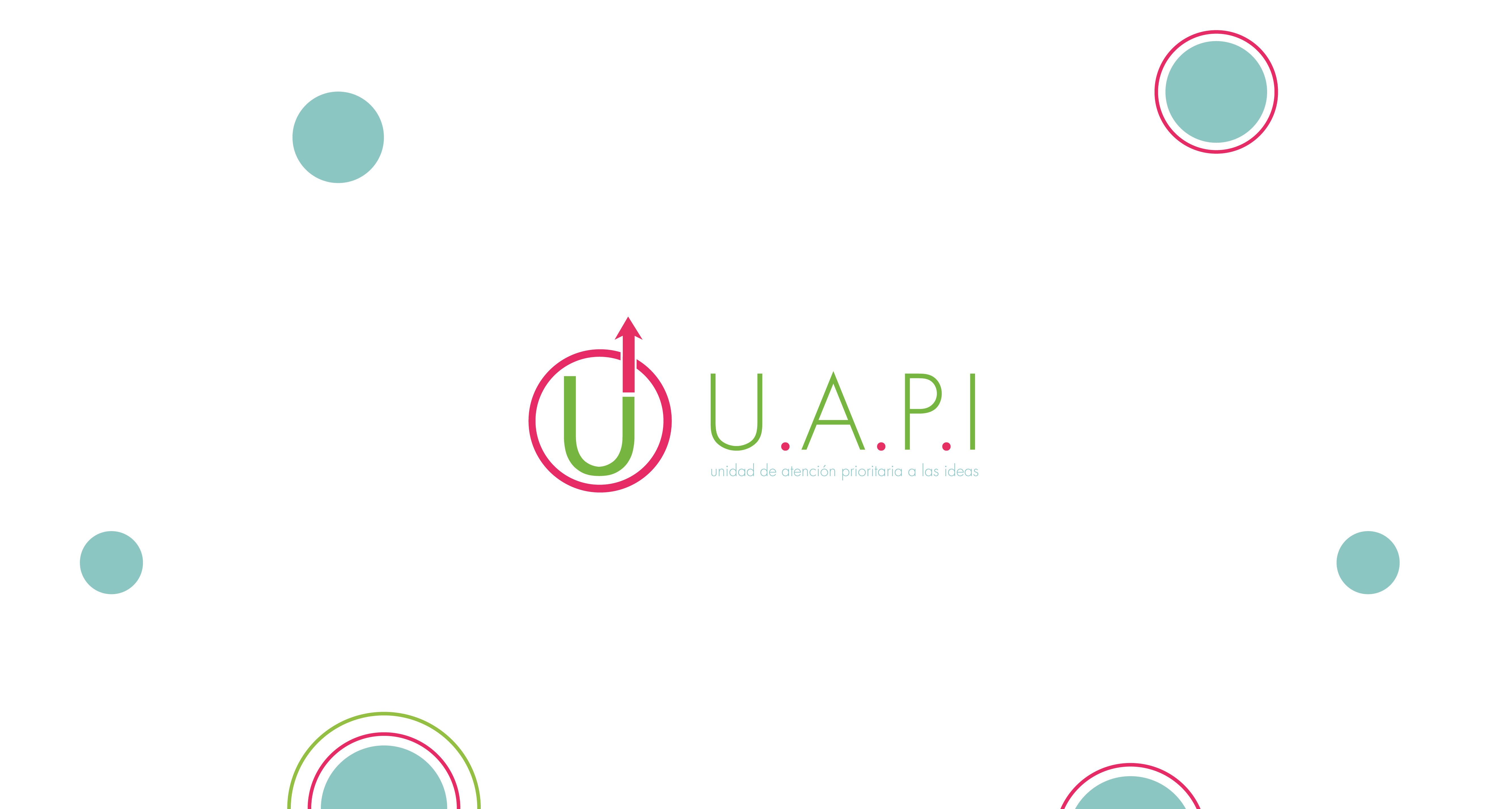
UNITY OF ATTENTION TO PRIORITARIAL IDEAS
UAPI fosters the generation and development of ideas by promoting collaboration, support, and coordination among diverse departments within Alpina. It serves as a platform to unearth novel concepts and leverage collective knowledge for all employees.
Streamline the process for bringing new ideas to the company.
Prioritize ideas with high potential for exponential growth.
Give all employees a voice and make them feel valued.
Encourage cross-functional teamwork to leverage Alpina's diverse talent.
Share information and knowledge across the organization.
Build a repository of ideas to fuel Alpina's growth.
UAPIMAN (INNOVATION ANALYST)
The role of an innovation analyst involves understanding the company and team members of each area to encourage and motivate the development of projects based on employee ideas. The analyst should possess charisma, sociability, and impartiality, and have knowledge in organizational strategy and innovation. It is important for the analyst to approach ideas positively and seek opportunities for innovation.
CONSOLIDATION STRATEGY
Any Alpina employee can contact UAPI to present their idea.
The innovation analyst evaluates the idea based on Alpina's pillars and sub-pillars and decides if it's a priority.
A co-creation session is scheduled with specialists from each area to further develop the idea.
During the co-creation session, the idea is strengthened and improved with input from all involved parties.
Each area involved in the idea generates a report highlighting positive aspects and possible improvements.
The idea author decides how to proceed based on the projections. All documents are stored in databases accessible to all Alpina employees.
The information is compiled in a general report and presented visually.
To materialize the idea, infographics, videos, presentations, etc. are proposed.
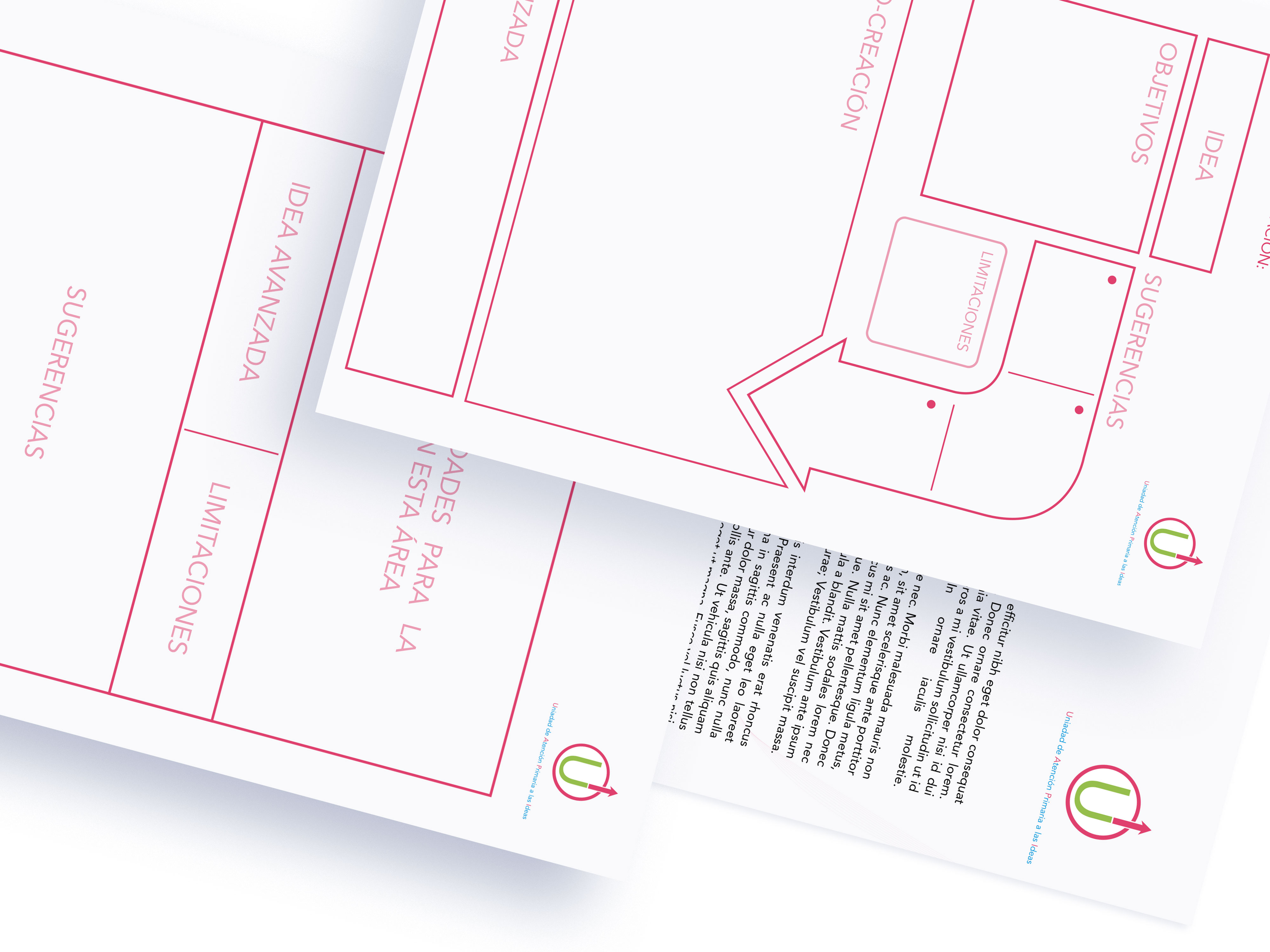
DESIGN PROCESS
The research process began with a genuine motivation to demonstrate the value of design as a catalyst for innovation and change in the internal processes of traditional organizations in Colombia. Understanding Alpina and its employees (Alpinistas) was crucial to the success of the process. By contrasting their motivations and aspirations, we gained valuable insights into why Alpina had been inclined towards vertical thinking.

_Vertical companies.
Through various guided tours, it became apparent that the company's vertical structure hindered the cross-pollination of ideas between different areas, leading to issues in the organization.
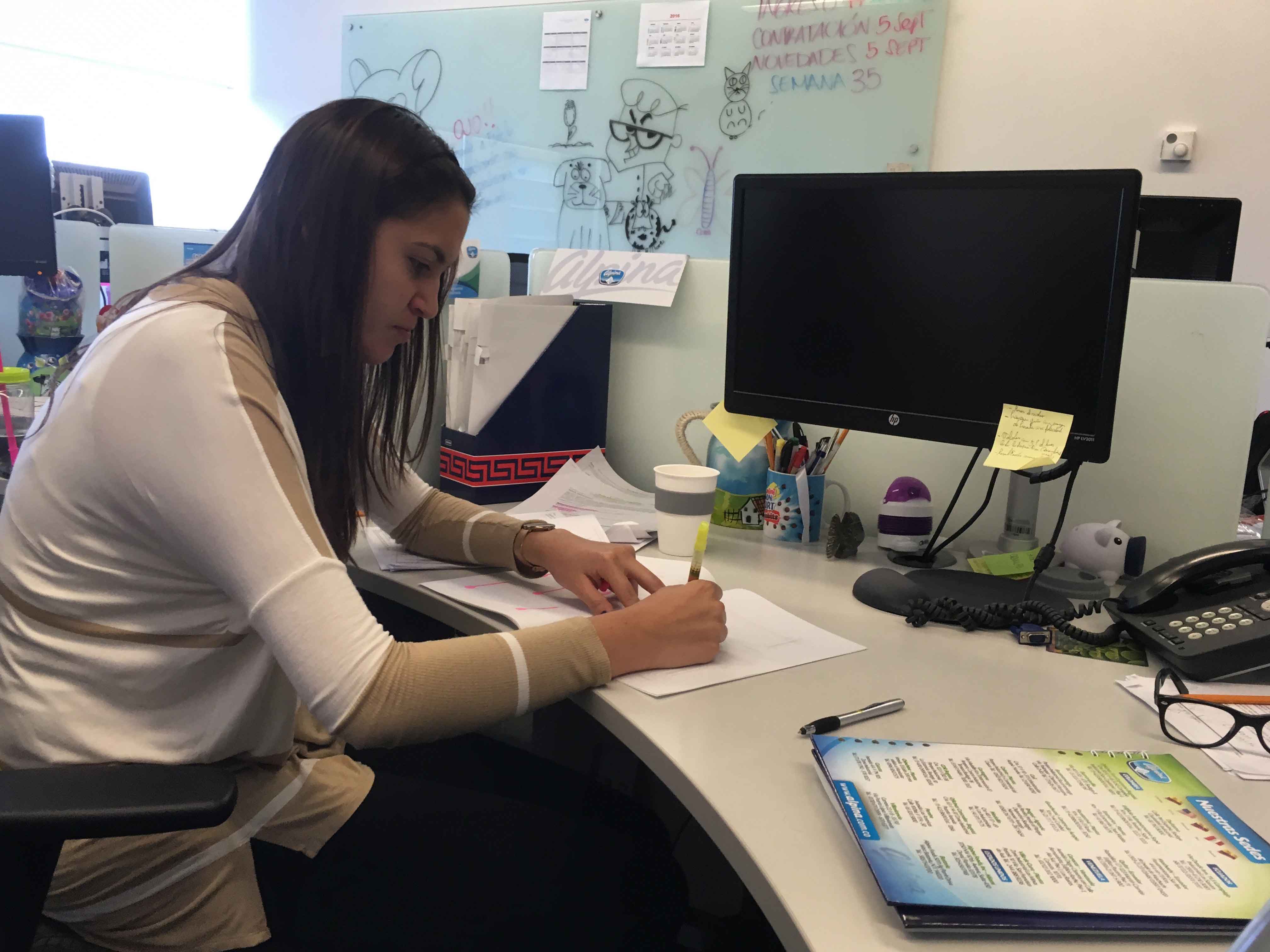
_Understanding exponential thinking.
Understanding the workings of the organization and the employees' perception of exponential growth played a critical role in the development of the proposal.
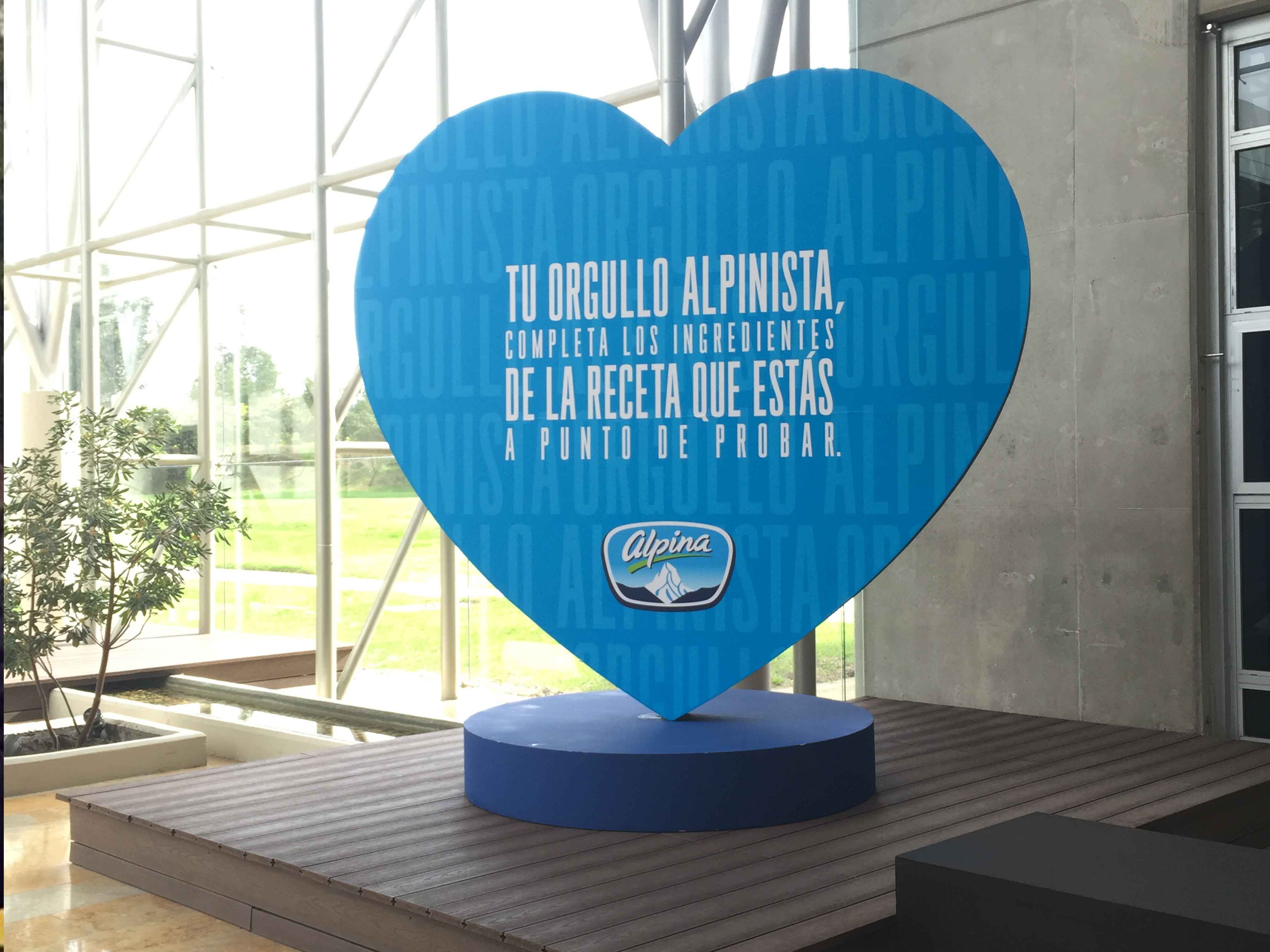
_Employees are priority.
While employees may have different roles within the company, each of them can offer valuable insights and ideas to improve the organization..
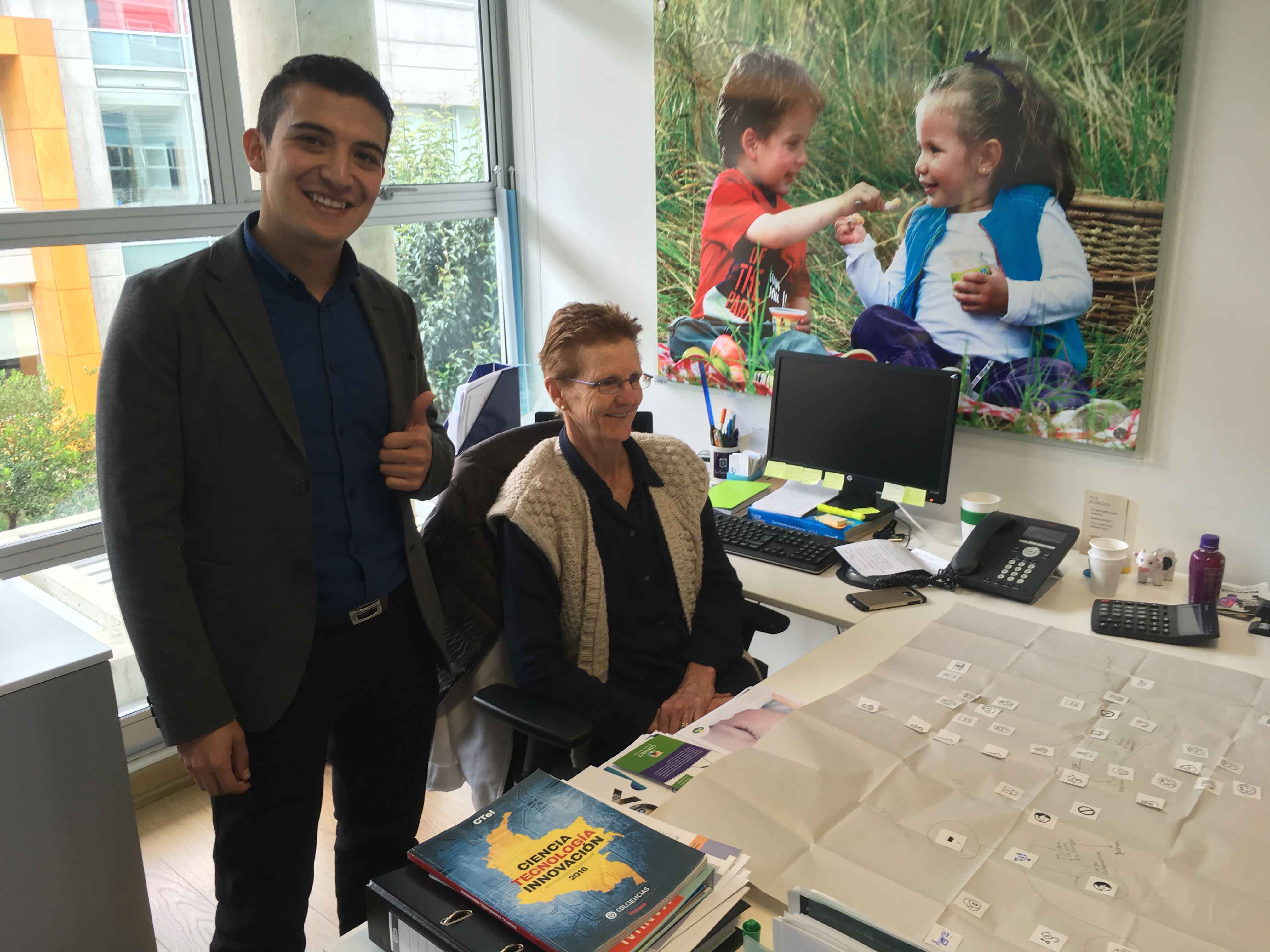
_A new reasoning in the organization.
The goal was to help Alpina recognize that a fresh approach to innovation, centered on fostering a culture of care for employees and their ideas, could yield significant benefits.
